How to clean a bathtub: A step-by-step guide for a gleaming tub to relax in
If you're wondering how to clean a bathtub, here's the correct way to scrub yours safely, without damaging it
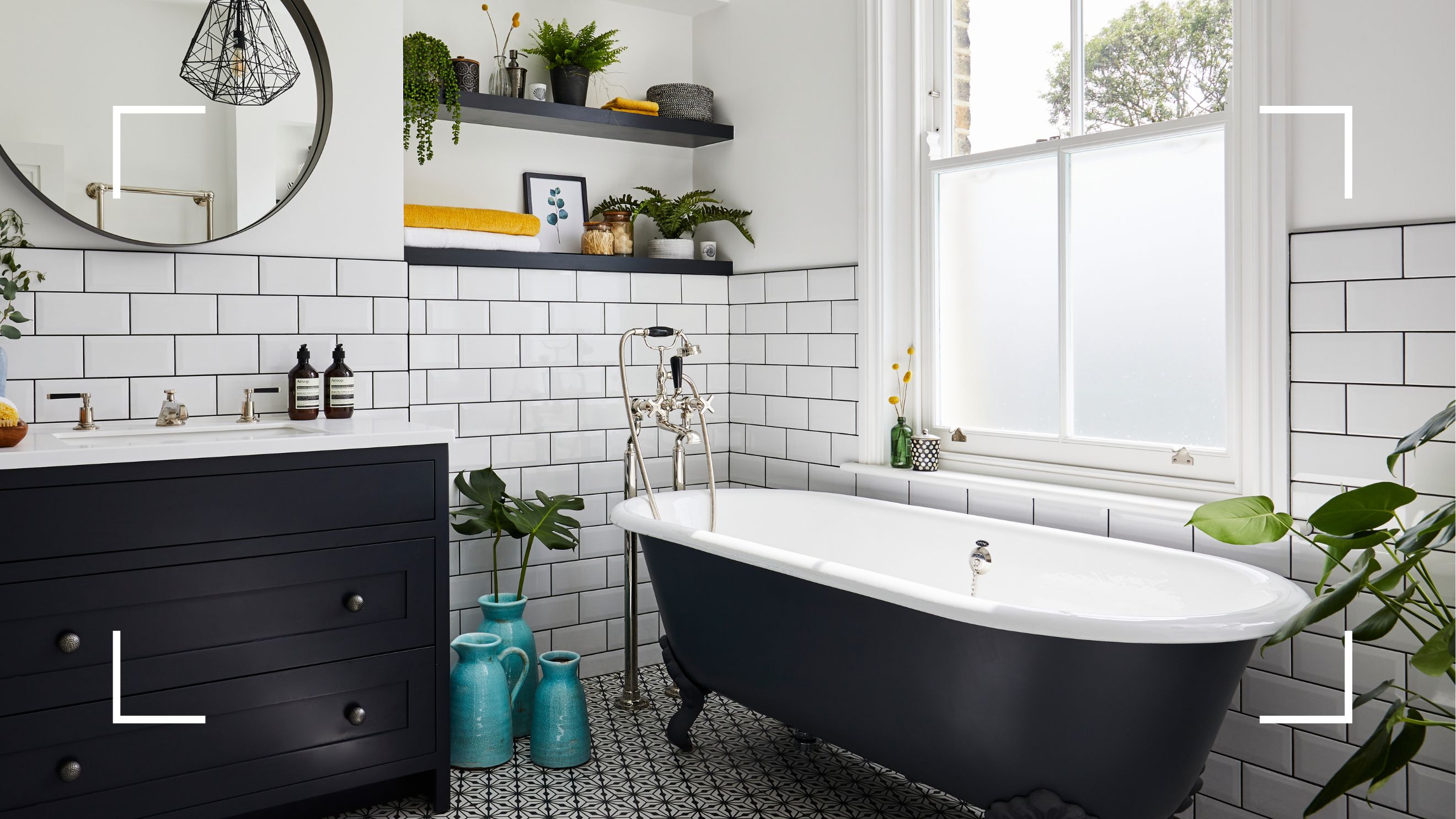

Emily Smith
Though it does require a bit of awkward bending, cleaning a bathtub is one of the easiest household tasks, in that every step is super straightforward. once you've learned the best method.
Working out how to clean a bathtub so that it’s sparkling and sanitary enough for a long hot soak is an important part of any bathroom cleaning routine. And though it might sound like a simple enough task, there are a few things to keep in mind in order to maintain your bath's finish.
To figure out how to clean a bathtub, we've spoken to cleaning experts and bathroom specialists to find out their expert cleaning hacks and tips for the job with ease and efficiency.
They’ve shared the easy ways to scrub off tough spots of grime, as well as the products and tools to steer clear of.
What you need to clean a bathtub
Luckily, this easy step-by-step guide will walk you through the process so it's as straightforward as possible. Best of all? It can even be done using all-natural ingredients.
- Dish soap or all-purpose cleaner
- White vinegar
- Bicarbonate of soda
- A lemon
- A dry microfiber cloth
- A soft sponge
- A toothbrush
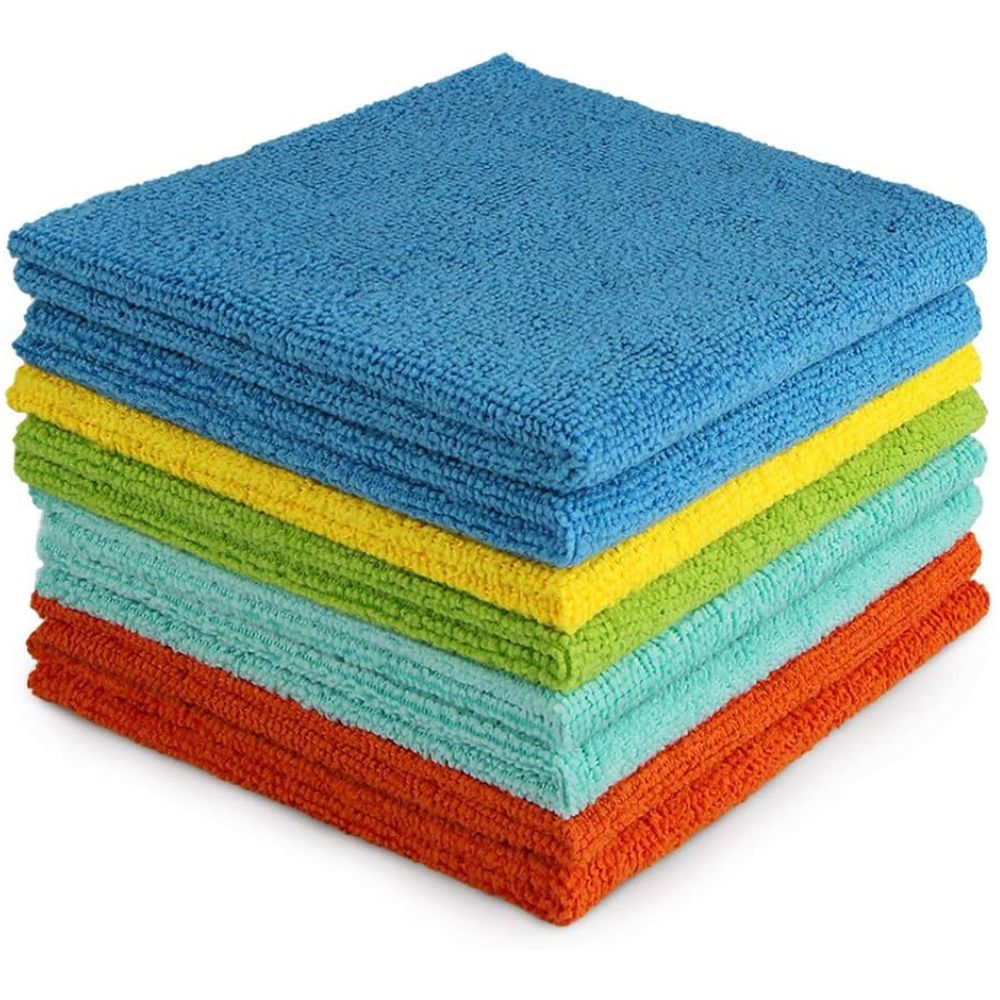
RRP: £5.29 for a pack of 8 | This is a product every cleaner should have in their home, especially when it comes to big cleaning jobs. This eight-pack will make any task that much easier and more efficient.
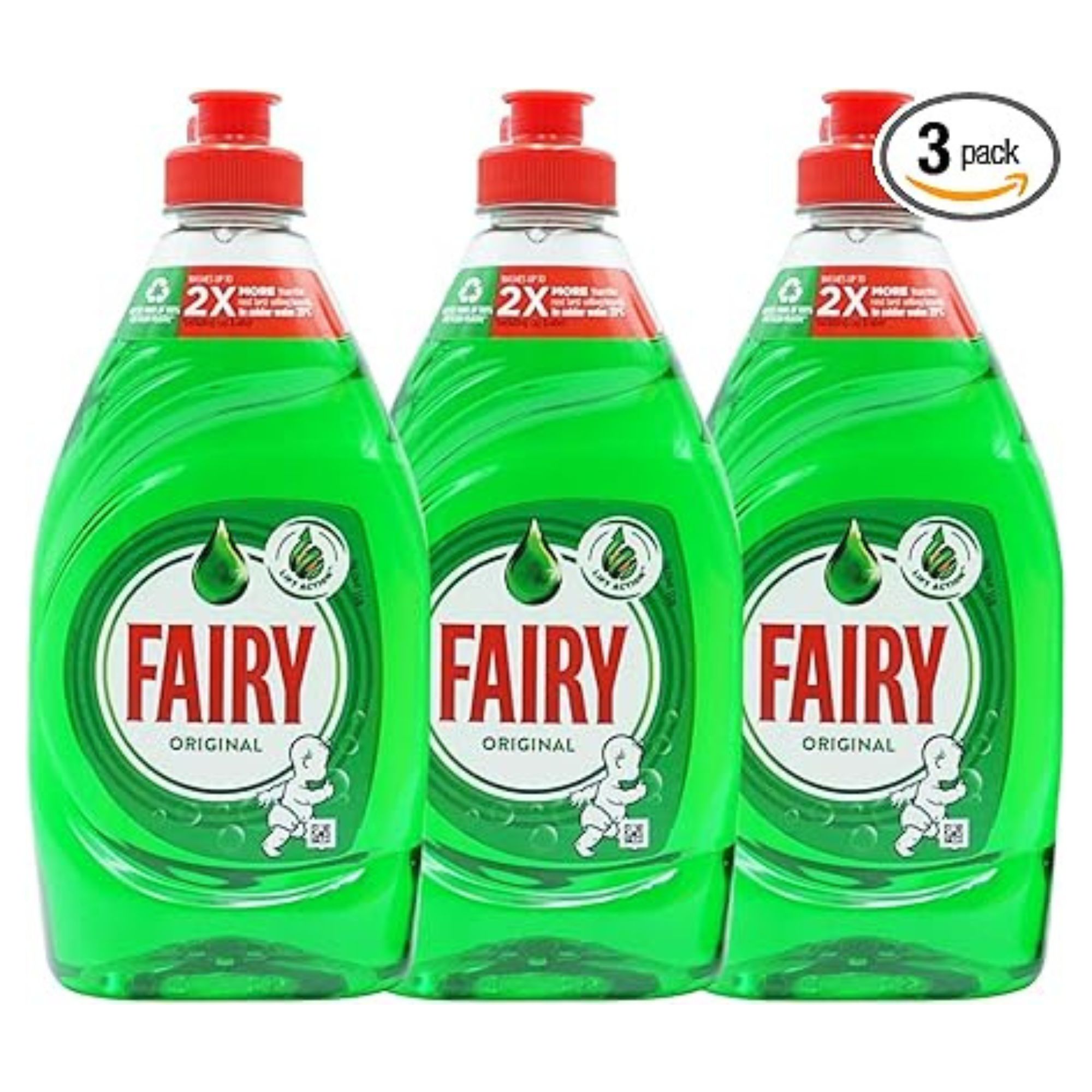
RRP: £8.99 for 3 x 320ml | Dish soap really is the wonder product when it comes to cleaning, especially in places where you don't want to use lots of chemicals like the bath.
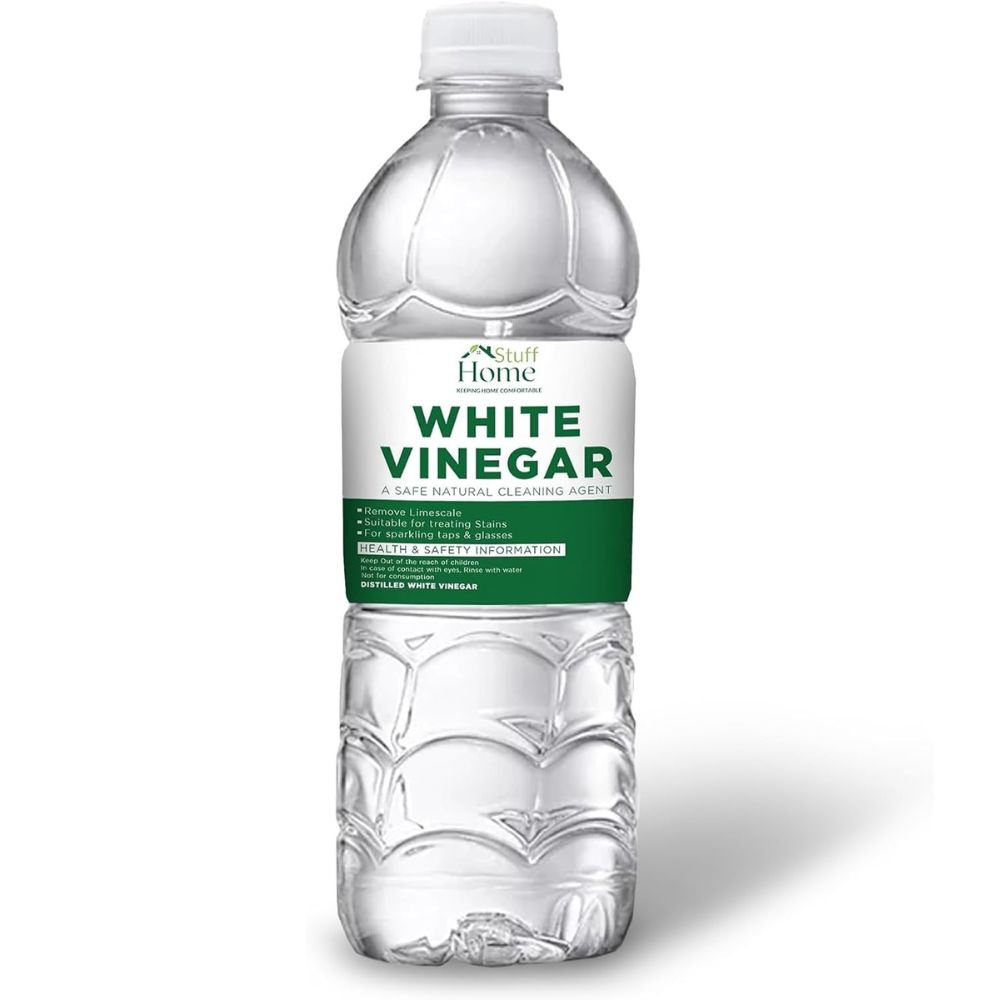
RRP: £5.49 | Another key cleaning product, white vinegar is a brilliant gentle cleaner that will make quick work of breaking down dirt and killing bacteria whilst also being gentle on your bathtub.
How to clean a bathtub, according to the experts
It is essential though that this task is done regularly – our bathtubs can get grubby pretty quickly, especially if you have young children, use plenty of bath products, or often need to wash off dirt and grime from the outside (in fact, if you're wondering how often you should clean your bathroom generally, the consensus is that you should give it a thorough clean at least once a week).
1. Remove all products from the bath
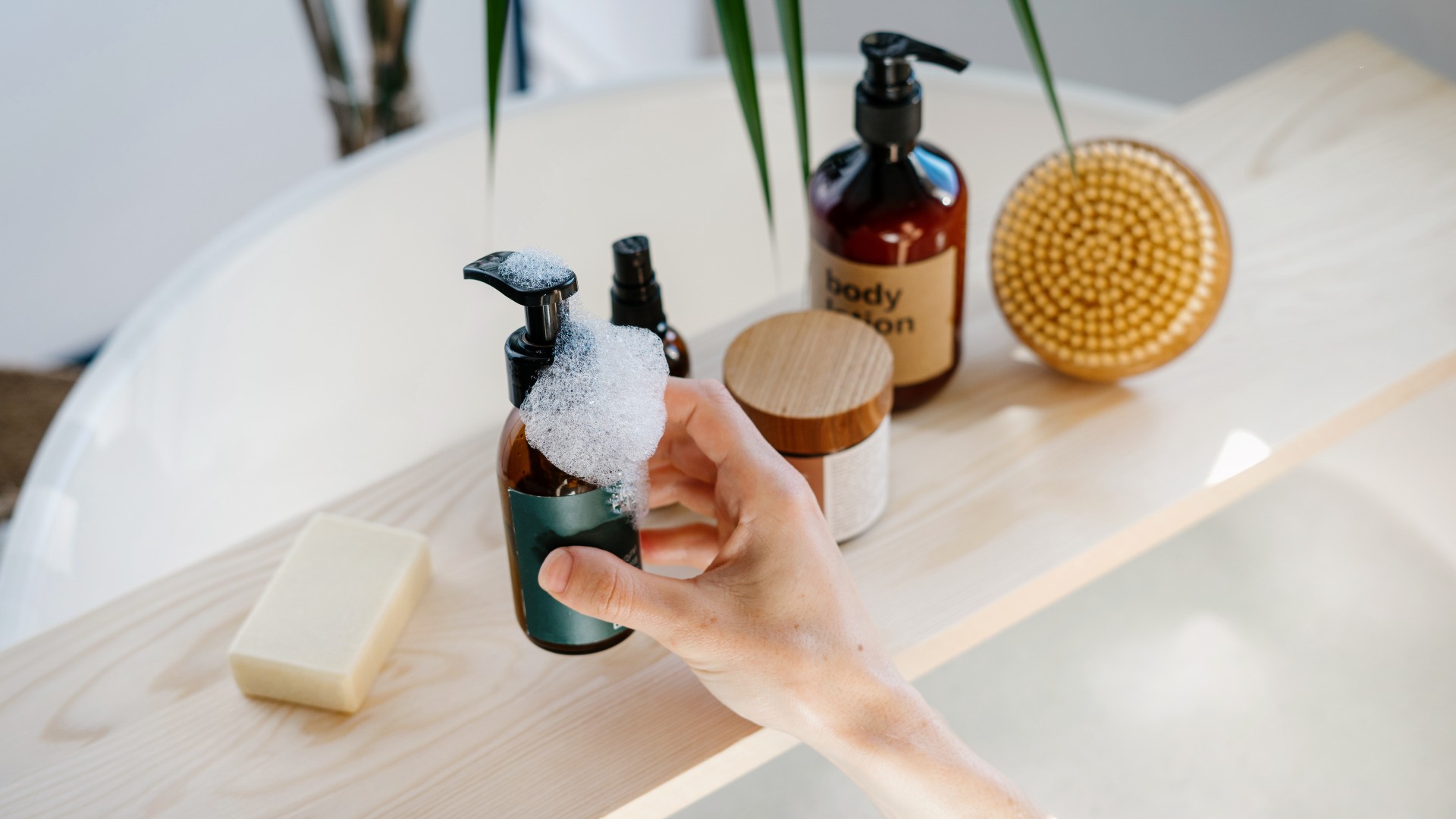
Before you can get to scrubbing, ensure you have a clear space to work with. James Roberts, director at Sanctuary Bathrooms says. "Remove any items you tend to keep on or around the tub. You’d be surprised how much dirt and scum can build up underneath things like soap dishes and shampoo bottles.”
Sign up to our free daily email for the latest royal and entertainment news, interesting opinion, expert advice on styling and beauty trends, and no-nonsense guides to the health and wellness questions you want answered.
Pop those loofahs, Epsom salts and any extra products onto another bathroom surface, or on the floor if you prefer, so that you can get at every inch of your bath while cleaning. This is the ideal time to declutter your bathroom.
2. Rinse the bathtub down
Now that your bathtub is clear of products, it's time to get cleaning.
In order to ensure you aren’t simply moving dirt around the tub, ensure you rinse your tub first either with a shower nozzle or by running the tap and giving the water a good swirl around.
Giving your bath a rinse, especially after each use, is a good daily habit to keep your house clean and tidy. It'll decrease the amount of build-up you get and make these deeper cleans a lot smoother.
Once rinsed, it's a good idea to wipe down your bathtub with an old towel and make sure it's completely dry. Cleaning experts from Method explain, "The results of a deep clean will be most effective if the bath is dry before you start. For regular cleaning, try to time it with when the bath is warm, such as when the water has drained after a shower. This will make it easier to remove any grease or grubbier stains."
3. Pretreat the tub with baking soda
If after rinsing, you’re presented with any tricky-looking stains, or any noticeable spots of mould, experts advise treating these on their own first, before addressing the rest of the tub. This is where the power of cleaning with baking soda comes in.
"If you notice any mould in the sealant surrounding the bathtub, this should be the first job," James says. And there’s an easy way to clean this using natural ingredients.
"Apply a mix of equal parts white vinegar and baking soda/bicarbonate of soda to the affected area, and leave to soak for at least 15 minutes. Then, using a hard bristle brush or toothbrush, scrub away the mould using the solution, and wipe away any excess." This is a great method if you're wondering how to clean grout in other areas of your bathroom, too.
According to Paulo Filho, owner of Celestial Cleaning Service, bicarbonate of soda can also be used on stains around the tub that aren't on the grout. "If there are any tough stains, then pre-treat with an equal parts baking soda and water mixture. Let it sit for a few minutes, before scrubbing the stain off with a soft brush."
4. Gently scrub the bathtub
After removing any stuck-on stains, the next job is cleaning your bathtub as a whole. There are a few ways to do this, so be sure to use the option that works best for your tub and cleaning preferences.
If you prefer to use a dedicated, store-bought bathroom spray, or an all-purpose cleaner, apply this all over your bathtub now, being sure to spray the sides, the base, and the taps.
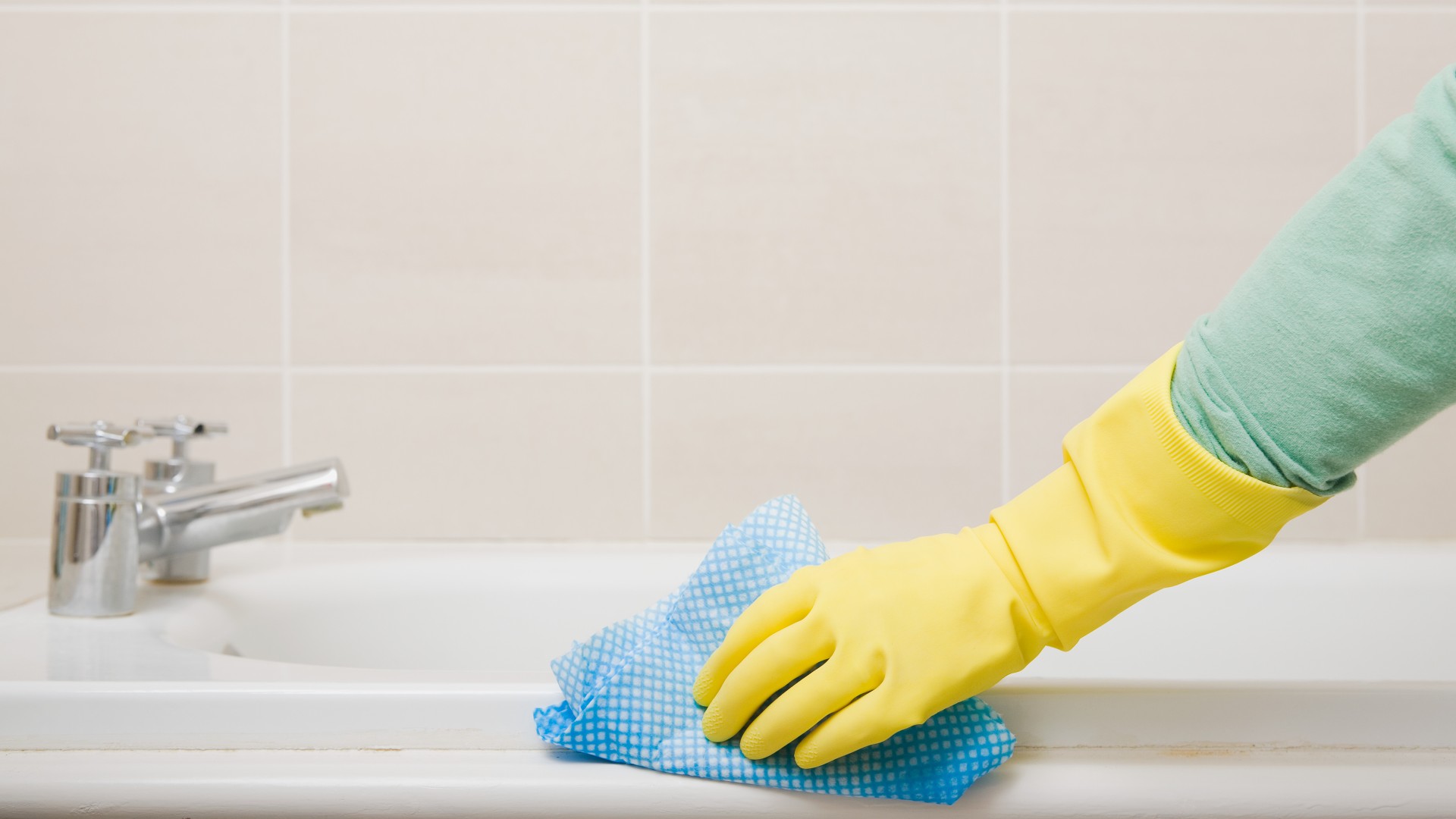
"Apply your cleaner of choice generously, and use a wet cloth to wipe this down thoroughly," James advises. "If more stubborn scum marks remain, you can use a toothbrush, along with the cleaner, to help remove these.”
You can also use vinegar to clean your bathtub if you don’t mind the smell. James advises, "Vinegar is good for cleaning because it is acidic (made from acetic acid), which means it’s able to dissolve dirt, grease, grime and kill bacteria, making it perfect for cleaning your bathroom."
When planning how to clean a bathtub, simply add some vinegar diluted with water to a spray bottle, and follow the first method in this step above.
5. Tackle your taps
Though your taps are probably looking fairly sparkling by now, for any stubborn spots of dirt, or limescale, you can use vinegar or lemon juice to get rid of any stubborn stains.
Simply mix equal parts of white vinegar with water to create an acidic yet natural cleaning solution. Clean with a microfiber cloth or soft-bristled brush, to reach every crevice.
Alternatively, if you have time to spare, soak an old cloth in either lemon juice or the vinegar solution, wrap it around the tap and secure it with an elastic bag. Leave it for an hour and voila. You should have sparkling, limescale-free taps. This is also a great method for cleaning a shower head, which can be particularly susceptible to limescale.
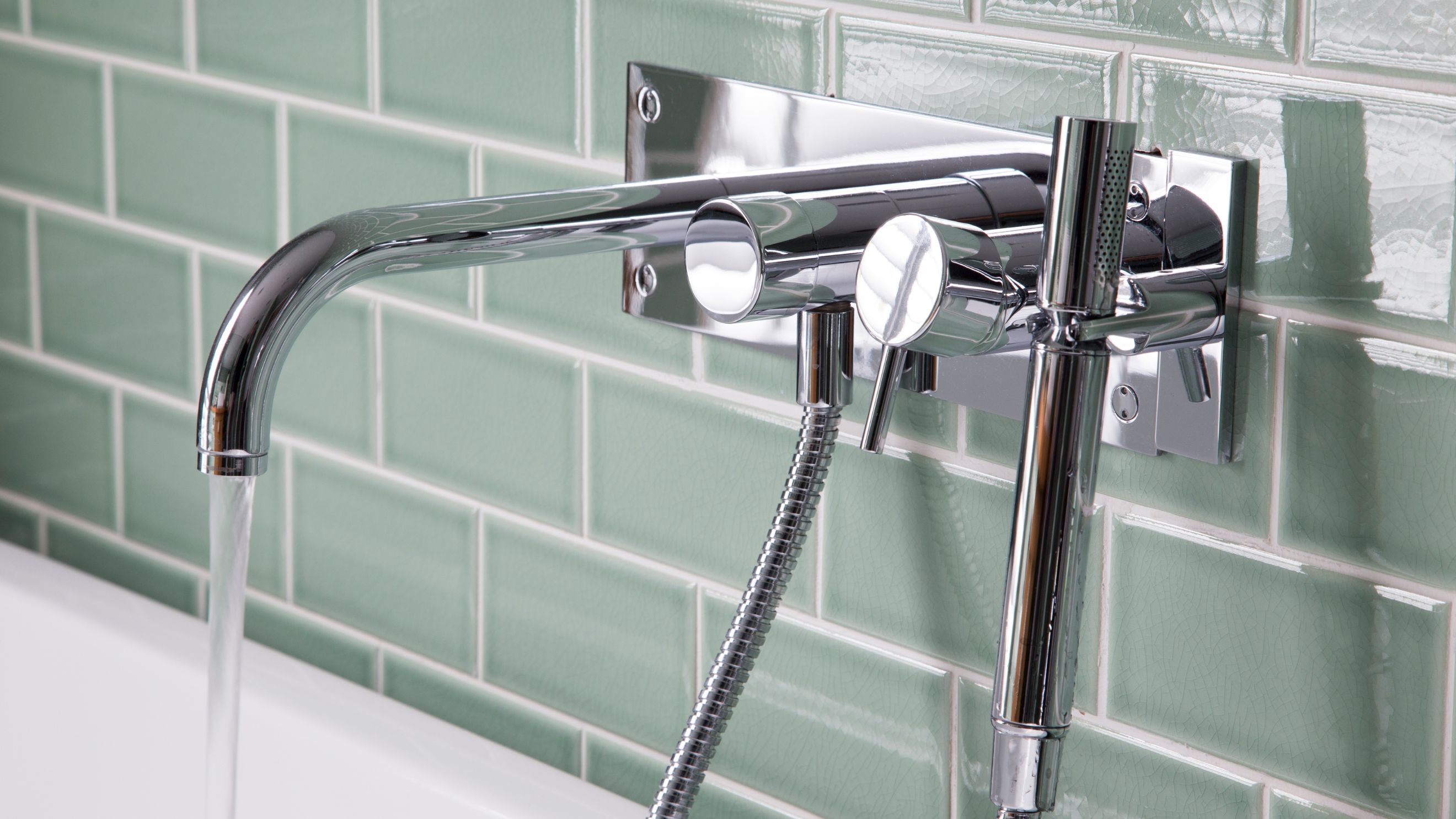
6. Make your bathtub shine before drying
By now, your bathtub should be pretty much almost pristine. However, if you fancy adding a final flourish, James shared a top tip for giving it an extra shine.
He explains, "To restore some shine to your bathtub, mix some bicarbonate of soda with a little water to create a paste and use a soft bristle brush to go over the entire inside of the tub. Then, rinse away with warm, clean water."
An important final step in learning how to clean a bathtub is remembering to dry it. It’s something plenty of us often miss out, but drying your tub with a microfiber cloth after cleaning will ensure you don’t leave it susceptible to any lingering watermarks, which will become cloudy over time.
FAQs
How often should you clean your bathtub?
The rate at which you should clean your bathtub depends on how often you use it – using it weekly will require more cleaning than monthly soaks.
But ideally, Paulo says, "bathtubs should be cleaned at least once a week to prevent any build-up of soap scum, mildew, and stains." The same applies when planning how often to clean your entire bathroom, whether you're considering how to clean a shower, or how to clean your toilet – a regular weekly scrub will help to prevent any build-up on all of your fixtures.
It’ll also be well worth your while to rinse your bathtub down after every use, particularly if you use lots of bath products, or have an especially active lifestyle. "If you’ve bathed and left some dirt or product residue, get into the habit of rinsing this off straight after your bath, so that you don’t end up with stubborn grime drying on that you’ll have to clean next time," advises James.
What not to use when cleaning your tub
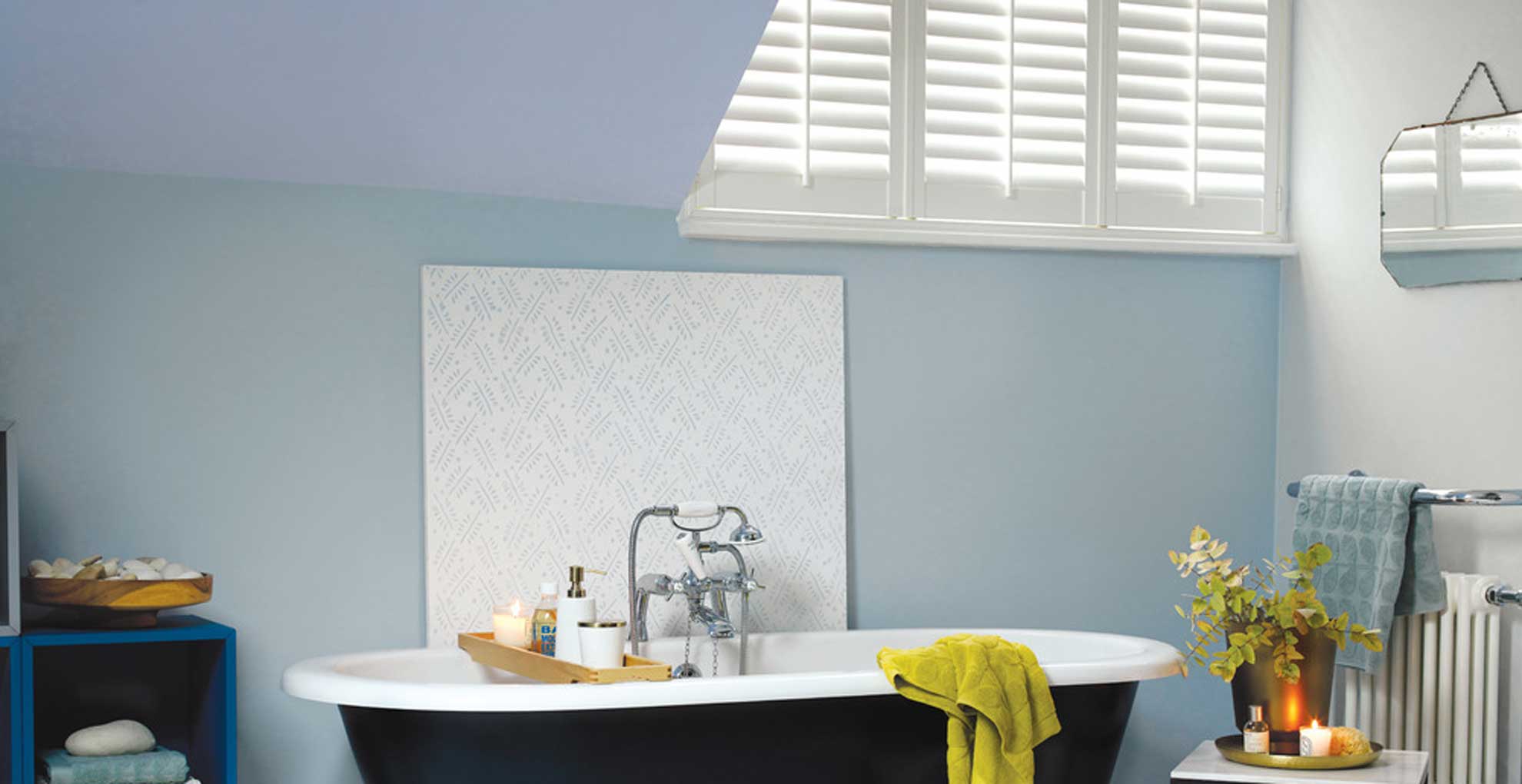
Despite being a fairly hardy part of your bathroom, refraining from using anything that can damage the finish of your tub is wise. "I would avoid using any harsh brushes, wool, sharp tools and even products like bleach or ammonia," Paulo said. "Sometimes, these products can cause discolouration, and can scratch and remove the glossy finish of your bathtub."
Instead opt for the natural cleaning products suggested above, such as vinegar, and gentle tools such as toothbrushes, microfiber cloths, and non-abrasive sponges.
James also urged that while cleaning your tub with vinegar is a great natural option, it’s important to be careful with what sort of vinegar you actually use. "White distilled vinegar is the best for cleaning as it doesn’t contain a colour agent like dark-coloured vinegar, so it won’t leave any stains. White distilled vinegar has about 5% acidity, which is the same as many store-bought household cleaners, making it the best cheap alternative.
"You could also use diluted apple cider vinegar, which doesn’t smell as strong, but be aware that it may leave also leave a stain."
How to clean your bathtub without using bleach
As evidenced above, there’s no real need to clean your bathtub with bleach on a regular basis. An array of more natural ingredients, such as the options in the above method, will do the job perfectly and should get rid of any lingering mould.
While it can be effective, most of the experts woman&home spoke to agree that bleach should only be used when really necessary in your bathroom, like when it comes to cleaning toilet stains – or for mould.
"Whilst it might seem like a ‘quick trick’ to clean your bathtub, bleach is harsh on surfaces and will damage your tub over time. Instead, opt for a bleach-free formula," explains Method's cleaning experts.
Now your bathtub is clean why not use some genius kitchen cleaning hacks to transform your cooking space? Knowing some of the best tips and tricks can make these big deep cleans feel more manageable and rewarding.
Amy Hunt is an experienced digital journalist specialising in homes, interiors and hobbies. She began her career working as the features assistant at woman&home magazine, before moving over to the digital side of the brand where she eventually became the Lifestyle Editor up until January 2022. Amy won the Digital Journalist of the Year award at the AOP Awards in 2019 for her work on womanandhome.com.
- Emily SmithDigital lifestyle writer
